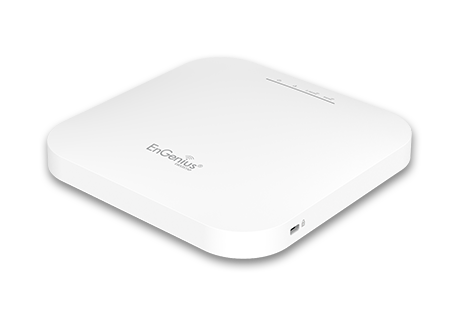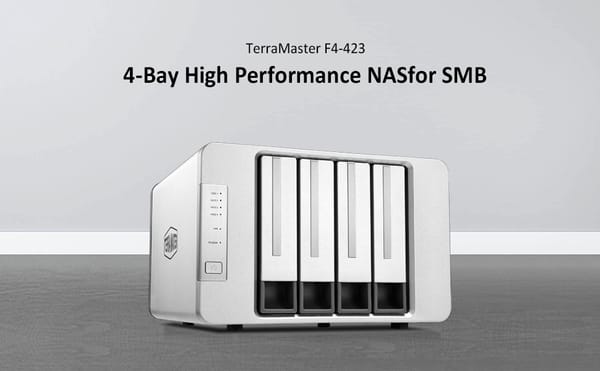NAS Software Showdown

In the realm of data storage and management, Network-Attached Storage (NAS) solutions play a pivotal role in providing a centralized hub for storing, organizing, and accessing files. Open-source NAS software has gained prominence for its flexibility, cost-effectiveness, and robust features. In this blog post, we will embark on a journey to compare some of the best open-source NAS software options, exploring their features, strengths, and ideal use cases.
FreeNAS (Now TrueNAS Core):
Overview:
FreeNAS, now known as TrueNAS Core, is a popular open-source NAS solution based on the Zettabyte File System (ZFS). It provides a web-based interface, making it accessible to users with varying levels of technical expertise.
Key Features:
- ZFS File System: Offers advanced features like data integrity checks, snapshots, and native encryption.
- Web-based UI: Intuitive interface for easy configuration and management.
- Plugins: Extensible through plugins for additional services and applications.
- Scalability: Designed to scale with growing storage needs.
Use Cases:
- Ideal for users seeking a robust NAS solution with advanced data protection features.
- Suitable for both home users and small to medium-sized businesses.
Open Media Vault (OMV):
Overview:
Open Media Vault is a Debian-based NAS solution designed with a modular architecture. It provides a web-based management interface and supports a variety of plugins for extending its functionality.
Key Features:
- Modular Design: Extensible through plugins, allowing users to add services like Plex, Emby, and more.
- Web-based UI: User-friendly interface for easy configuration and management.
- RAID Support: Offers RAID configurations for data redundancy.
- Energy-Efficient: Includes power management features for optimized energy consumption.
Use Cases:
- Well-suited for users looking for a flexible NAS solution with modular capabilities.
- Ideal for media enthusiasts who want to create a media server with streaming capabilities.
Openfiler:
Overview:
Openfiler is a Linux-based NAS and SAN (Storage Area Network) solution that provides file-based storage services.
Key Features:
- Storage Management: Supports features like iSCSI, NFS, and SMB/CIFS.
- Graphical Management Interface: Simplifies storage configuration and monitoring.
- Monitoring and Reporting: Includes tools for monitoring system performance and generating reports.
- Clustering: Supports clustering for enhanced reliability and performance.
Use Cases:
- Suitable for organizations looking for a versatile NAS and SAN solution.
- Ideal for environments requiring storage clustering for high availability.
Rockstor:
Overview:
Rockstor is a CentOS-based NAS solution with a focus on Btrfs file system integration. It provides a web-based interface for easy management.
Key Features:
- Btrfs File System: Offers features like snapshots, RAID, and inline deduplication.
- Web-based UI: Simplifies storage configuration and monitoring.
- Docker Integration: Allows users to run containerized applications.
- Built-in Apps: Includes apps for services like Plex and Nextcloud.
Use Cases:
- Suited for users interested in Btrfs file system features and containerized applications.
- Ideal for home users and small businesses seeking a user-friendly NAS solution.
Conclusion:
Choosing the best open-source NAS software depends on your specific needs and preferences. FreeNAS (TrueNAS Core), Open Media Vault, Openfiler, and Rockstor all bring unique strengths to the table. Whether you prioritize advanced data protection features, modular design, comprehensive storage management, or Btrfs file system integration, there's an open-source NAS solution tailored to your requirements. As you embark on your NAS journey, carefully consider your use cases and explore the features offered by each option to find the perfect fit for your storage needs. The open-source seas are vast, but armed with knowledge, you can navigate them confidently and find the NAS software that aligns with your vision for efficient and secure data management.




